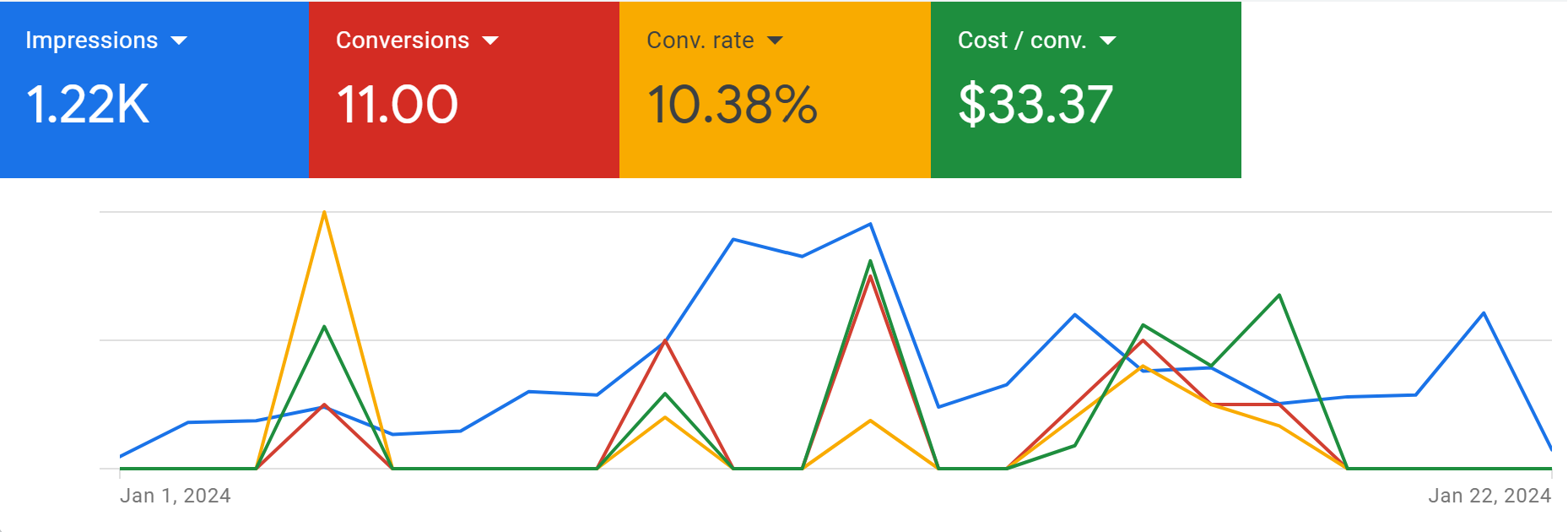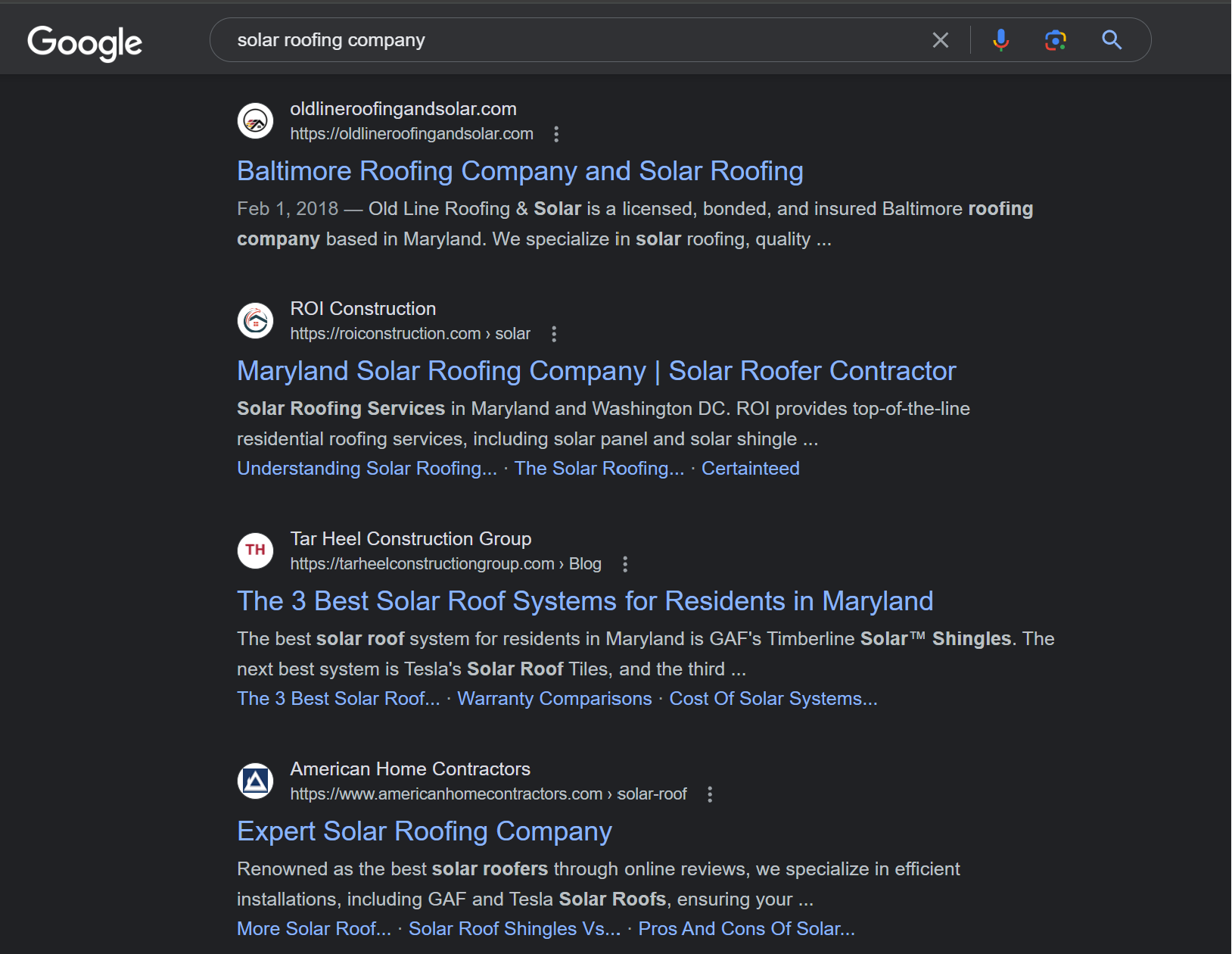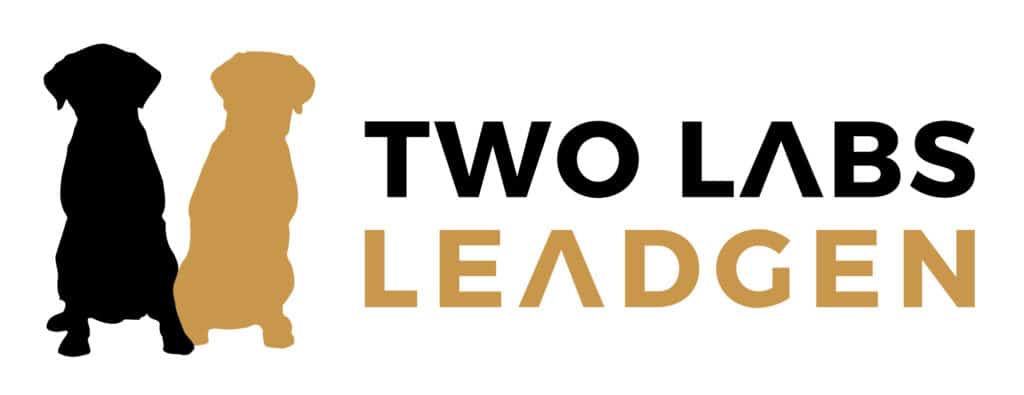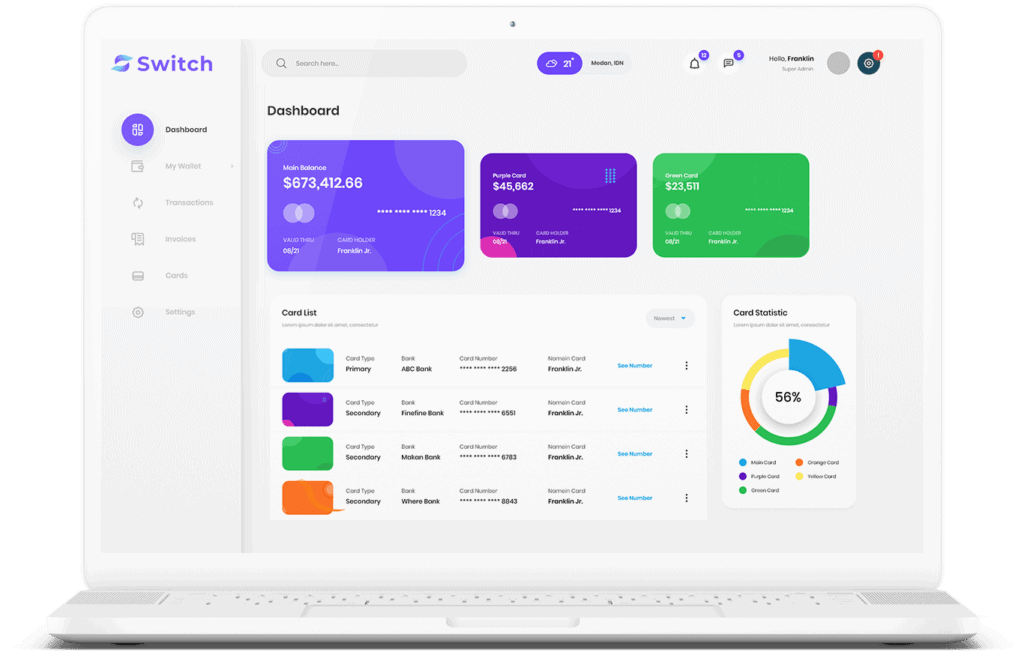With its cost-effectiveness, ability to drive organic traffic, and capacity to establish credibility and authority, content marketing has proven to be a game-changer for businesses looking to attract and nurture leads. By creating targeted, valuable content, small businesses can not only reach their desired audience but also build long-term relationships with potential customers, ultimately leading to increased conversion rates and customer loyalty. And there’s no denying the power of content marketing when it comes to lead generation for small businesses.
Key Takeaways:
- Cost-effectiveness: Content marketing is relatively affordable compared to other lead generation tactics, making it ideal for small businesses with limited budgets.
- Increased organic traffic: By creating valuable content, small businesses can attract organic traffic from search engines, leading to higher quality leads actively seeking information.
- Establishes credibility and authority: Consistently producing informative content helps small businesses position themselves as thought leaders, building trust and credibility with potential customers.
Understanding Content Marketing
Obviously, content marketing is a crucial strategy for small businesses looking to generate leads and establish their online presence. But what exactly is content marketing and why is it so important in today’s digital landscape?
Definition of Content Marketing
With the digital age upon us, content marketing has emerged as a strategic approach focused on creating and distributing valuable, relevant, and consistent content to attract and retain a clearly defined audience. In simpler terms, content marketing is all about providing valuable information to potential customers to engage them and ultimately drive profitable action.
An effective content marketing strategy involves the creation and sharing of online materials such as blogs, social media posts, videos, and more that do not explicitly promote a brand but rather stimulate interest in its products or services. By delivering informative and engaging content, small businesses can attract and engage their target audience, leading to increased brand visibility and credibility.
The Role of Content in Digital Marketing
Digital content is at the core of any successful digital marketing strategy, holding the power to educate, inform, and engage audiences like no other medium. In fact, according to studies, content marketing generates three times as many leads as traditional outbound marketing while costing 62% less. These statistics highlight the effectiveness and efficiency of content marketing in driving lead generation for small businesses in today’s competitive marketplace.
Cost-Effectiveness of Content Marketing
Some of the key benefits of content marketing for small businesses revolve around its cost-effectiveness compared to traditional advertising channels.
Comparing Costs: Content Marketing vs. Traditional Advertising
Content marketing tends to be more cost-effective for small businesses when compared to traditional advertising methods such as print, radio, or TV commercials. With content marketing, businesses can create and distribute valuable content at a fraction of the cost of traditional advertising. This table breaks down the costs of content marketing versus traditional advertising:
| Content Marketing | Traditional Advertising |
| Relatively affordable | Higher costs for ad placement |
| Long-term investment with potential for ongoing returns | Short-term exposure with limited longevity |
Maximizing Budget with Strategic Content Planning
Planning your content marketing strategy strategically can help maximize your budget and generate leads effectively. By identifying your target audience, conducting keyword research, and creating a content calendar, you can ensure that your content resonates with your desired customers. By aligning your content with your business goals, you can maximize your budget and reach.
Maximizing your budget with strategic content planning involves understanding your customers’ needs and preferences and creating content that addresses their pain points. By consistently providing valuable information and solutions, you can attract and retain leads that are more likely to convert into paying customers.
Driving Organic Traffic through Content

Despite the ever-evolving digital landscape, content marketing remains a powerful tool for small businesses to drive organic traffic and generate leads. By creating valuable and relevant content, businesses can attract potential customers who are actively searching for information related to their products or services.
SEO and Content Marketing
Any successful content marketing strategy must incorporate search engine optimization (SEO) techniques to enhance visibility and improve organic search rankings. By optimizing content with relevant keywords, meta tags, and high-quality backlinks, small businesses can increase their chances of being discovered by their target audience.
On top of that, regularly updating and refreshing content, as well as utilizing multimedia elements such as videos and infographics, can improve user engagement and encourage sharing across various platforms.
Creating Content that Attracts and Engages
From blog posts and social media updates to email newsletters and whitepapers, businesses must understand the preferences of their target audience and tailor their content accordingly.
Establishing Credibility and Authority
Content marketing provides the perfect platform to showcase your expertise and knowledge, positioning your brand as a thought leader in the field.
The Value of Thought Leadership
One of the key benefits of content marketing for small businesses is the opportunity to establish thought leadership. By consistently producing high-quality and valuable content that addresses the pain points of your target audience, you can demonstrate your expertise and industry knowledge. This not only helps build trust with potential customers but also sets you apart from competitors and positions your brand as a go-to resource for valuable insights.
Building Trust with Your Audience
With content marketing, small businesses can cultivate trust and loyalty with their audience by providing consistent and informative content that resonates with their needs. By addressing common challenges, answering questions, and offering solutions through your content, you can show your audience that you understand their concerns and are dedicated to helping them succeed.
This approach not only helps attract leads but also nurtures long-term relationships with customers. In fact, studies have shown that businesses that prioritize building trust with consumers are more likely to enjoy higher customer retention rates and increased brand loyalty. By creating a content strategy centered on building trust and credibility, small businesses can set themselves up for long-term success in lead generation and customer retention.
Building Long-Term Relationships with Customers
Content marketing is not just about attracting new leads, but also about building long-lasting relationships with customers. By providing valuable and relevant content consistently, small businesses can engage with their audience and retain their interest over time.
Establishing a connection with customers through content helps create trust and loyalty, leading to repeat business and referrals. This ongoing relationship nurtures customer satisfaction and ensures brand advocacy, making content marketing a powerful tool for customer retention.
Content as a Tool for Engagement and Retention
With content marketing, businesses can engage their audience in meaningful ways, offering them information, entertainment, or solutions to their problems. By providing value through content, businesses can keep customers engaged and interested in their brand, ultimately increasing customer retention rates and lifetime value.
Content can also serve as a means of communication between businesses and customers, fostering a sense of community and interaction. By listening to customer feedback and responding through content, businesses can strengthen their relationships with customers and build a loyal customer base that is more likely to make repeat purchases.
Strategies for Developing Ongoing Communication
One effective strategy for developing ongoing communication with customers is to create a content calendar that includes regular updates, such as blog posts, social media posts, or email newsletters. Consistent communication keeps customers engaged with the brand and encourages them to stay connected.
To further enhance ongoing communication, businesses can also utilize interactive content such as quizzes, polls, or surveys that encourage customer interaction and feedback. This two-way communication fosters a sense of community and belonging, leading to stronger relationships with customers over time.
To effectively measure the success of ongoing communication strategies, businesses can track engagement metrics such as open rates, click-through rates, and social media interactions. By analyzing this data, businesses can refine their content strategy and tailor communication efforts to better meet the needs and preferences of their target audience.
Targeting the Right Audience
Unlike traditional advertising methods that cast a wide net and hope to catch some leads, content marketing allows small businesses to target their audience with precision. By creating content that resonates with a specific demographic, businesses can attract leads that are more likely to convert into customers.
Identifying and Understanding Your Target Audience
On the journey to effective lead generation through content marketing, the first step is to identify and understand the target audience. Small businesses should conduct thorough market research to pinpoint key demographics, behaviors, and pain points of their potential customers. By gathering data and insights, businesses can tailor their content to meet the specific needs and interests of their audience.
An in-depth understanding of the target audience allows small businesses to create content that is relevant and valuable to their potential customers. By addressing their pain points, answering their questions, and providing solutions to their problems, businesses can establish credibility and trust, ultimately driving more leads.
Tailoring Content to Meet Audience Needs
A crucial aspect of content marketing for lead generation is tailoring content to meet the needs of the target audience. Small businesses should ensure that the content they produce addresses the specific interests and concerns of their potential customers. This highly targeted approach increases the chances of attracting quality leads who are more likely to engage with the business.
Measuring Success in Content Marketing
By analyzing key metrics and using analytics, businesses can gain valuable insights to refine their content strategy, optimize lead generation, and drive business growth.
Key Metrics for Tracking Lead Generation
Generation of leads is the ultimate goal of any content marketing strategy. Key metrics to track lead generation include website traffic, conversion rate, lead quality, and customer acquisition cost. By monitoring these metrics, businesses can determine the effectiveness of their content in attracting and converting leads into customers. For example, according to a study by HubSpot, companies that published 16+ blog posts per month generated 3.5 times more leads than those that published 0-4 posts.
Using Analytics to Refine Content Strategy
One of the most powerful aspects of content marketing is the ability to analyze and leverage data to refine strategies. Using tools such as Google Analytics, businesses can track user behavior, engagement metrics, and content performance. By identifying top-performing content, high-converting landing pages, and popular topics, businesses can tailor their content strategy to attract more leads. For example, a small business could use analytics to determine that video content has a higher conversion rate than written content, leading to a shift in their strategy to focus more on video production.
Content marketing is an iterative process, and analytics play a crucial role in continuous improvement. By regularly analyzing data and making informed decisions, small businesses can optimize their content strategy, attract high-quality leads, and ultimately drive business success.
Final Words
It is evident that content marketing stands out as the best lead-generation tactic for small businesses. Its cost-effectiveness, ability to drive organic traffic, credibility-building potential, focus on building long-term relationships, targeted audience reach, and measurable results make it a powerful tool for small businesses looking to attract and convert leads. By consistently producing valuable content that resonates with their target audience, small businesses can not only generate leads but also establish a strong brand presence and foster trust among potential customers.
As the digital landscape continues to evolve, content marketing remains a reliable strategy for small businesses to stand out in a crowded marketplace. By investing time and resources into creating compelling and informative content, small businesses can elevate their lead-generation efforts, drive conversions, and ultimately grow their customer base. Embracing content marketing as a key component of their overall marketing strategy can position small businesses for long-term success in today’s competitive business environment.
FAQ
Q: Why is content marketing considered the best lead generation tactic for small businesses?
A: Content marketing is highly effective for small businesses as it is cost-effective, helps increase organic traffic, establishes credibility and authority, builds long-term relationships, reaches targeted audiences, and is highly measurable.
Q: How does content marketing help in generating leads for small businesses?
A: Content marketing allows small businesses to create valuable content that attracts potential customers organically, positions the business as a thought leader in its industry, engages customers on a deeper level, targets specific audience needs, and provides measurable insights for continuous improvement.
Q: What are the key benefits of content marketing for small businesses in lead generation?
A: The key benefits of content marketing for small businesses in lead generation include cost-effectiveness, increased organic traffic, credibility establishment, long-term relationship building, targeted audience reach, and the ability to measure effectiveness through data-driven insights.










